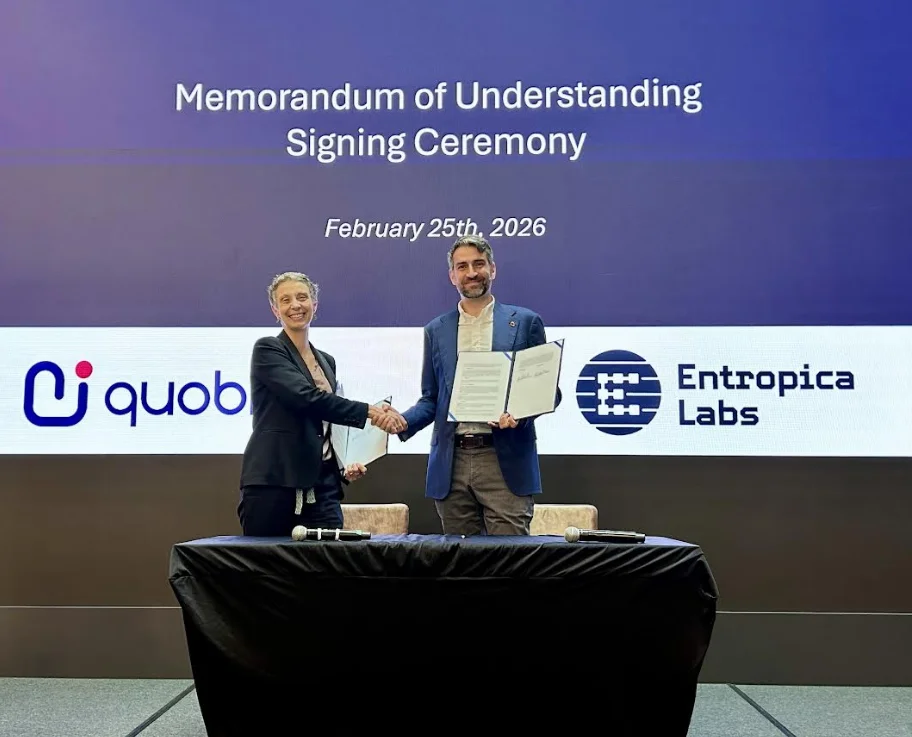
While most experts think that the race to build a practical quantum computer that can be used to tackle an array of real-world problems will primarily require good hardware design.
Or an ability to entangle an impressive number of qubits.
Or solid performance in terms of quantum volume.
While those might all be critical needs of advances in quantum computation, a George Mason University economist said that the hidden advantage for quantum tech — or any tech — is immigrants. Tyler Cowen, a Bloomberg Opinion columnist and a professor of economics at George Mason University, writes in his column that the West’s pull for talent around the world offers real advantages in terms of generating innovations.

While Cowen mainly is referring to the efforts of China and the West to create and distribute a safe vaccine for COVID-19, he applies it to other technological areas, including deep tech.
Cowen writes, “If you are wondering whether China or the U.S. with its allies is more likely to make a big breakthrough, in, say, quantum computing, ask yourself a simple question: Which network will better attract talented immigrants? The more that talent and innovation are found around the world, the more that helps the U.S.”
As proof, Tyler points to the COVID research that has been boosted by immigrants to the West.
“Note that the German vaccine company was founded by two children of Turkish immigrants, reflecting that the West pulls in the top scientific and other talent from around the world,” he said.
Cowen added that the U.S., which hasn’t exactly been the top draw for immigrants, may reclaim its lead in attracting the world’s scholars, which could pay off in the competition to create powerful quantum technology, especially in the U.S.’s budding rivalry with China.
“The U.S. will likely resume a more open immigration policy under President-elect Joe Biden, and China remains a somewhat unattractive destination,” he writes, adding “Why go to a country where freedom of speech is weakening and political freedom is never secure?”
Cowen points out the many strengths of China, but suggests the West will likely rely on its traditional strengths, like securing and developing talent.
“Still and all, the fact remains: When it comes to the ideas and the people that matter, America and the West are not losing the lead,” he concludes.
You can read more of Cowen’s works at Marginal Revolution.
For more market insights, check out our latest quantum computing news here.















